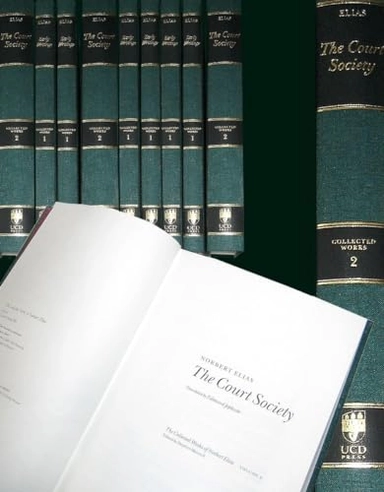

The society of individuals
- Utgiven: 2010
- ISBN: 9781906359072
- Sidor: 344 st
- Förlag: University College Dublin Press
- Format: Inbunden
- Språk: Engelska
Om boken
Åtkomstkoder och digitalt tilläggsmaterial garanteras inte med begagnade böcker
Mer om The society of individuals (2010)
2010 släpptes boken The society of individuals skriven av Norbert Elias. Den är skriven på engelska och består av 344 sidor. Förlaget bakom boken är University College Dublin Press.
Köp boken The society of individuals på Studentapan och spara pengar.
Referera till The society of individuals
Harvard
Oxford
APA
Vancouver



















